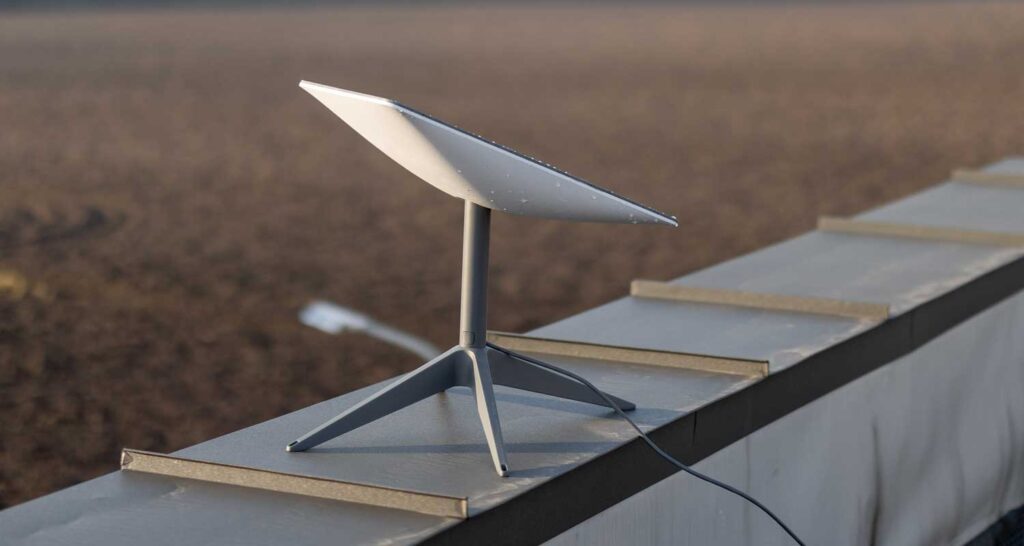Sierra Leone has granted a licence to Starlink, the satellite broadband service launched by Elon Musk’s SpaceX. This makes Sierra Leone the fifth African nation to join the Starlink network, signalling a transformative leap towards universal internet access.
Sierra Leone now stands alongside Nigeria, Mozambique, Rwanda, and Mauritius as African countries connected to Starlink. The service aims to expand further, with plans to launch in an additional 19 African nations throughout 2023 and 2024, as indicated on Starlink’s official website.
Read also: Exploring Starlink’s Success as the Third Largest Internet Provider in Nigeria
Government’s Vision for Universal Connectivity
David Moinina Sengeh, Sierra Leone’s Minister of Basic and Senior Secondary Education and Chief Innovation Officer, officially announced the authorisation of Starlink. He emphasised the importance of this development, stating, “This is a significant step forward in achieving the goal of universal connectivity across the country.”
Sierra Leone has faced significant challenges in internet penetration, with only 21.2% of the population having access to the internet at the start of 2023. This low penetration rate left approximately 6.85 million people without reliable internet access.
Additionally, the country’s median fixed internet connection speed was only 11.60 megabytes per second (Mbps), well below the global average of 58 Mbps.
Improving Internet Accessibility with Starlink
Sengeh hopes Starlink’s presence will lower internet costs and make services more accessible to Sierra Leoneans. “While the general service will commence soon, I have been testing it so far with great satisfaction,” he shared.
The introduction of Starlink is expected to revolutionise internet access in Sierra Leone, particularly in remote and underserved areas.
Starlink’s Technological Advantage
Starlink’s entry into Africa marks a significant technological advancement. Unlike traditional internet satellites that orbit approximately 35,000 km from Earth, Starlink’s Low-Earth Orbit satellites operate at around 550 km.
This proximity enables Starlink to offer faster and more reliable internet service, even in remote locations, without the high costs associated with land-based telecom towers and subsea fibre cables.
Economic Challenges
Despite the promising technological benefits, the cost of accessing Starlink remains a concern. In Nigeria, for example, the Starlink kit and installation cost about $600 (N276,000) upfront, with a monthly subscription fee of approximately $43 (N198,000).
Given the minimum wage in Nigeria is $65 per month, and in Sierra Leone, it is $40.65, affordability remains a significant barrier.
Read also: Ghana approves Starlink’s application for broadband service
Starlink’s Debut in Africa
Starlink debuted in Africa in 2023, with Nigeria being the first country to experience the service in January. Following Nigeria, Starlink has become available in Rwanda, Mauritius, and Mozambique. The service’s innovative approach and closer satellite positioning promise enhanced connectivity for underserved regions.
The licensing of Starlink in Sierra Leone represents a crucial step towards enhancing the nation’s internet infrastructure. While the cost remains a challenge, the potential benefits of improved connectivity and faster internet speeds are significant.
As Sierra Leone and other African nations embrace advanced technologies, the digital divide may gradually narrow, fostering more significant economic growth and development. This development on Democracy Day underscores Sierra Leone’s commitment to progress and innovation in the digital age.
















